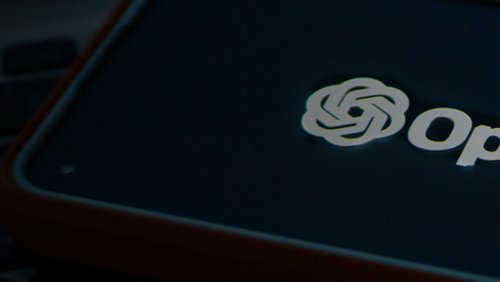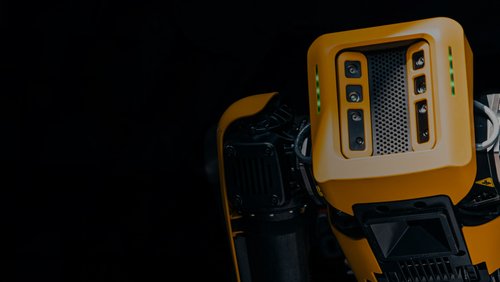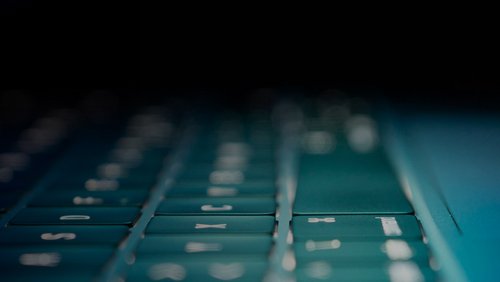11 Feb 2025
Laws around Intellectual Property (IP) exist to protect new or original innovations and creations of the mind. But the rise of generative AI has raised questions and uncertainties surrounding IP – what material should AI “learn” from, and who owns the outputs?
Intellectual Property (IP) encompasses a broad set of rights and can be expressed in a range of ways including copyrights, industrial designs, patents and trademarks. Without these types of property rights, there would be no way to have any control over or own these types of innovative and creative works.
Copyright is a type of intellectual property that automatically applies when a person creates original literary, dramatic, musical or artistic works. It often applies to design drawings or drawings showing a product prototype, for example. The material used to “train” generative AI software is often subject to copyright, and the theory goes that this copyright raw material can then find its way into the outputs of the software. Should this material have been “fed” to this software in the first place? And who owns any AI generated content?
In relation to the first question, currently there are global lawsuits from copyright owners objecting to their copyright material being used to train generative AI models. Generative AI software produced material containing the Getty Images watermark, leading Getty Images to allege their images were unlawfully fed to the AI software, resulting in breach of its copyright. Daily newspaper The New York Times and authors including John Grisham and Jodi Picoult have filed similar claims. There is certainly potential for the outcomes of these cases to radically shape the global legal landscape for copyright and AI.
In terms of New Zealand’s legal situation, there is no default rule around who owns the copyright for AI-generated content. While it is possible for a person to own it based on the Copyright Act 1994, ownership for content produced using AI software can vary based on the terms of use also. Of note here is that New Zealand’s position in relation to computer-generated work is somewhat of an outlier as many countries require a human author.
To add to this, given generative AI software may reproduce material it has been trained on as part of its outputs, it may be difficult for the creator, or the person using the AI software, to be sure that pre-existing copyright work has not been reproduced via their ostensibly new work. As the software often cannot identify source material, it is very difficult for a user to tell if they may inadvertently be in breach of someone else’s copyright material, as that material was used to train the software.
The terms of the software itself may also work to vary the default position under the Copyright Act. If the AI software states in its terms of use that content produced is owned by the software company, this may negate any rights a person wishes to rely on based on the Copyright Act. However, platforms such as Adobe and Google are going to the lengths of offering indemnities to their product users, in case they find themselves on the end of a copyright lawsuit. Essentially, the situation in New Zealand is not as straightforward as a cursory glance of the Copyright Act might lead us to believe.
Another pertinent question is around who owns data once it has been input into an AI program. What happens if confidential data or data that may then be used for a patented invention is put into AI? Have you lost the necessary quality of confidentiality that must apply to the invention you wish to patent? There are no clear answers here either.
Engineers practising in Aotearoa should exercise informed and reasoned judgement when using AI products, and stay up to date with AI advancements (including via engineeringnz.org).
Both globally and at home, it is unclear how existing IP law applies to both generative AI software and such outputs. But while we have not had any major law change here in Aotearoa, it is unlikely this will remain the case.
Gina Ronald is a Legal Advisor at Te Ao Rangahau.
This article was first published in the December 2024 issue of EG magazine.




